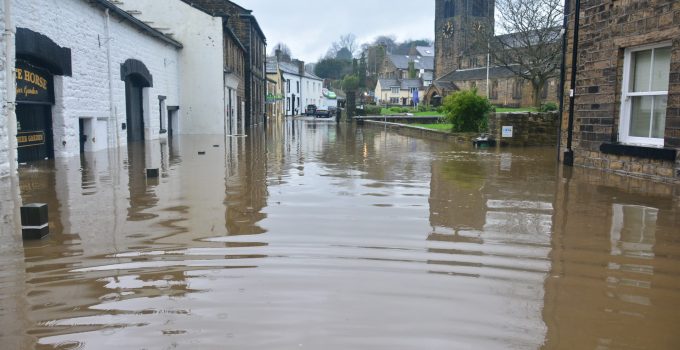Water damage has a significant impact on commercial properties – it prevents your business from running smoothly and puts your employee’s safety and health at risk. For these reasons, it’s vital to take immediate action as soon as you notice water damage on your business property.
Water damage restoration is more complex in a commercial building than in a home, requiring an intensive approach. Several factors influence the restoration process, including the building’s structure and size, the number of occupants, the extent of the water damage, and the different uses of space. Not to mention that there’s always the pressure to complete the process as quickly as possible so that businesses can get back on track.
Not all water damage issues are preventable, but you can avoid most of them as long as you detect the cause earlier.
In this article, we discuss the causes of water damage in commercial buildings and provide tips to deal with such issues.
What leads to water damage in commercial properties?
Water damage in commercial buildings can happen for various reasons:
Broken pipes
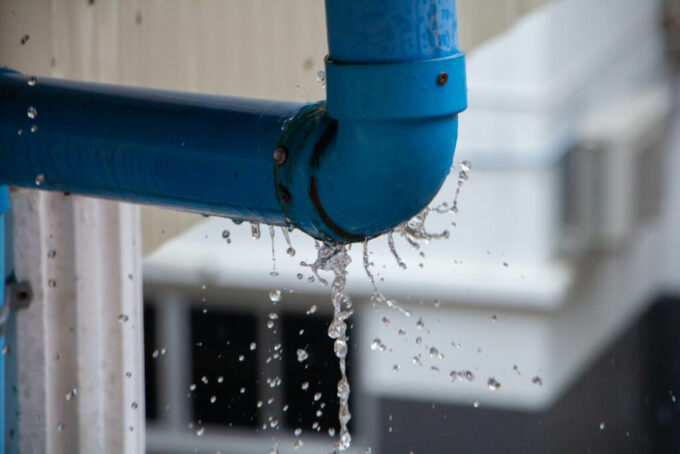
Source: saviorplumbers.com
Many factors can lead to broken pipes, such as sewer drains, changes in pressure, cold weather and damaged water supply lines. Signs of broken pipes include:
- A musty smell;
- Loose or cracked tiles;
- Bulging walls;
- Water stains on floors or walls.
However, detecting leaky pipes can be pretty challenging, and it generally requires specialized equipment.
Damaged windows
Often, a factor that causes water damage in commercial buildings is damaged windows. If they are not accurately sealed, moisture can seep in, leading to several issues, such as mold growth, drywall and warped wood. Resealing windows periodically is vital because caulk can become less efficient over time.
Roof leaks
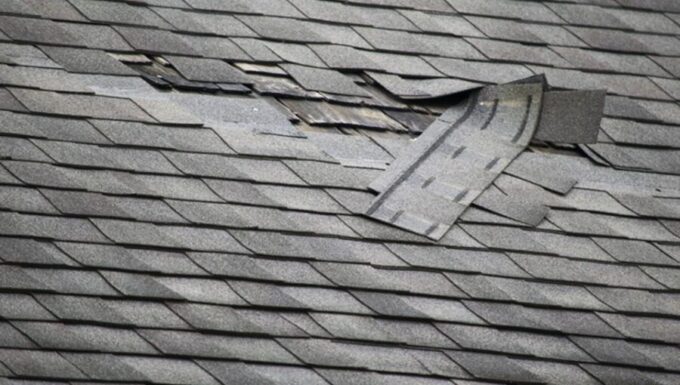
Source: saviorplumbers.com
Leaky roofs can lead to several issues, such as mold growth, ceiling damage, and fire hazards. Roofs are vulnerable to damage because of snow and heavy rain exposure. Plus, if the ice or snow isn’t removed correctly, it can cause water damage.
Sprinkler system leaks
A leak in the sprinkler system is another factor that causes water damage in commercial properties. Common signs of this issue include:
- Standing water;
- Wet surfaces, such as carpets and drywall;
- Mildew and mold presence.
Make sure to inspect your sprinkler systems regularly to detect moisture and leaks.
Sewer clogs
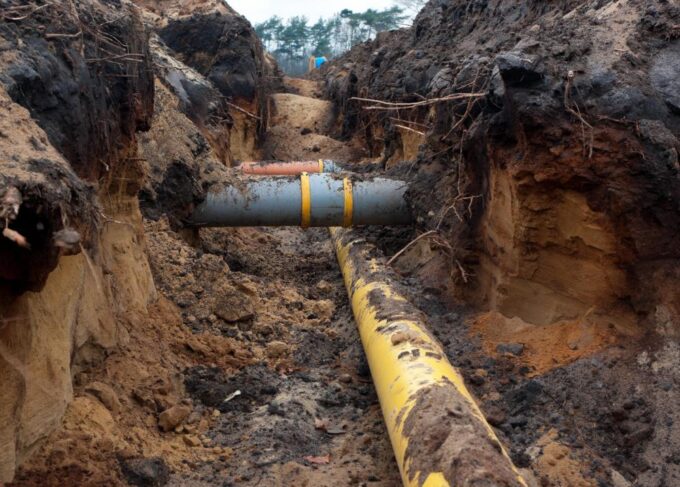
Source: homequestionsanswered.com
Sewer water can lead to infections and illnesses, as it contains bacteria and similar pathogens dangerous to health. Gurgling toilets and sewage smells are signs of sewage damage, and if you spot them, you should contact a water restoration professional right away.
HVAC system issues
An HVAC system provides heating and cooling to commercial and residential properties. This process occurs through ducts which can cause leaks if they wear out. To prevent water damage, it’s vital to clean the HVAC system regularly. Also, make sure to remove the excess water from condensation reservoirs.
How can you prevent water damage?
As watermoldfire.net experts point out, water damage can further damage your commercial property if you don’t take immediate action. Materials shouldn’t remain wet for a long time, as water damage has many health implications.
If you spot a water damage issue in your business property, you should contact an expert, as they can handle the process efficiently to bring the building back to normal.
However, prevention is always critical, and there are some things you can do to avoid dealing with water damage issues.
Conduct regular inspections
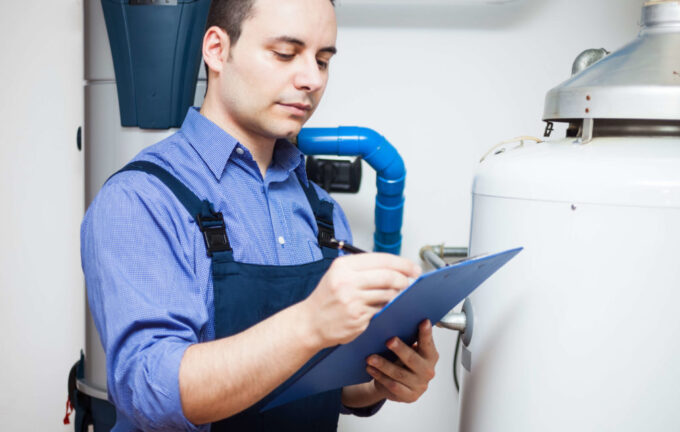
Source: mdrhomeinspections.co.uk
Preventing water damage can save you money that you would otherwise have to spend on restoration. You can stop water damage from worsening by having professionals perform regular inspections at your business property. They can detect a leak in several ways, like using spot sensors or monitoring humidity or contacting EvansLeakDetection.com.
Inspections and maintenance of your business appliances are imperative, and you should mainly focus on appliances like refrigerators as they get to the water lines. Also, you should consult manufacturer manuals to learn about maintenance protocols, cleaning agents and cleaning procedures that you can use safely in the appliance.
Have a flood monitoring system in place
Whether your business is based in a flood-prone area, you should still develop a flood warning system in your building. This system allows you to check if water levels grow, comprising sensors that are either solar-powered or connected to the main electricity.
Flood monitoring provides increased reliability because you get real-time data and, thus, detect flood risks early. Several factors lead to flooding, such as melting snow, plumbing failures and overflowing rivers, so it’s best to develop this system and be prepared for unexpected situations.
Get coverage for your business property
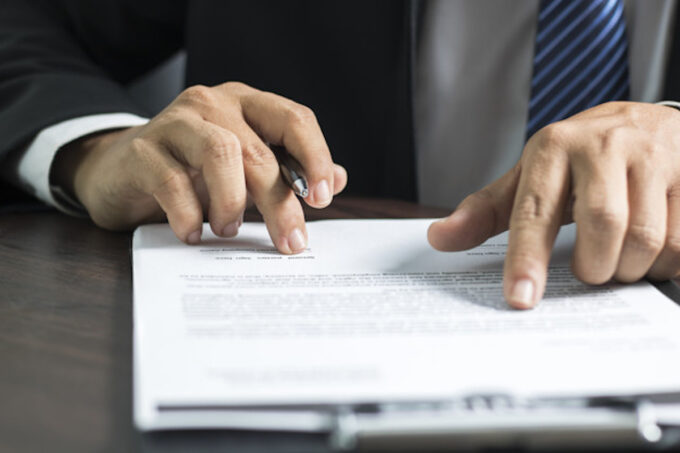
Source: reshield.com
Water damage can significantly impact your business, and it can cause substantial losses, including assets and stock. Company fixtures, vehicles and valuable machinery can be damaged – and unless you have the necessary funds to replace the items right away, you will suffer significant financial loss.
If flood water enters your business, you’ll likely have to close it until it’s safe for clients to return. This may take weeks or months, affecting your business and devastating reserve funds rapidly, as you still have to pay the bills.
Therefore, it’s vital to check your insurance coverage to ensure you can get your business back on track as quickly as possible if there’s a water leak on your property. Claims for commercial water damage are costly, and getting insurance can cover the building.
Clean gutters and roof periodically
Make sure to keep your gutters and roof clean – especially before winter. If water accumulates on the roof, it can start leaking through the ceiling. Here are some signs that point to water damage on the building’s roof:
- Broken flashing;
- Pools of water;
- Curled, cracked or missing shingles.
If rain gets trapped in your gutters, it will eventually end up in your building. Thus, clean your gutters meticulously of debris and dirt to avoid clogs.
The bottom line
Water damage can occur for several reasons, and it’s essential to be prepared if it happens. While a professional can restore the building to its original shape, it’s best to prevent those issues from happening in the first place. Implementing preventive measures allows you to protect your business and employees.

